Herbal Learning
Will Your Herb Garden Meet Your Emergency & First Aid Needs?
A few weeks ago, I drove from Idaho to Washington state for a workshop I was putting on with Melissa Norris. Melissa is doing wonderful work educating folks on how to live a simpler more self-reliant life. Her YouTube channel, Melissa K. Norris – Modern Homesteading and her website MelissaKNorris.com are wonderful educational resources for those wanting to preserve and re-connect with the knowledge and skills needed to build a beautiful, self-sufficient lifestyle and modern homestead.
As Melissa and I were visiting before the folks arrived for the event, we took a little tour of her herb garden. It’s a beautiful little space filled with remarkable medicinal plants. As we were strolling through the garden and enjoying the beauty of God’s amazing pharmacy, Melissa asked me how it looked from a preparedness standpoint and whether I thought she had what she might need for an emergency or first aid event. This question led into a conversation about what one ought to have growing in the garden to meet such needs.
One could certainly make a list of specific plants that would be useful, but a better way to make sure your bases are covered would be to look at categories of herbal actions. Once those are identified, you can choose individual plant species to check those boxes. So, let’s look at some categories.
Herbs for Shock: If I could only have one herb for emergencies, it’d be cayenne pepper (Capsicum annuum). I’ve saved more lives in emergency cases in my veterinary practice with this humble little pepper than with all the other herbs in my clinic combined. It’s astounding for shock. It’s also great for a dozen other things…but that’s another blog article.
Herbs for Bleeding: There are several plants that can help with bleeding. My first grab for this issue would be yarrow (Achillea millifolium). I’ve used it for years topically for bleeding wounds and internally on serious cases of internal bleeding. It’s a beautiful little flower and a delight to have in the garden.
Herbs for Pain: There are a number of herbs that are good for pain topically or internally. Hops (Humulus lupulus), Valerian (Valeriana officinalis), Skullcap (Scutellaria lateriflora) etc… All of these species stop pain by calming the nerves that elicit it. Using the tincture of any of these plants as a spray on a painful area brings almost instant relief.
Herbs for Inflammation: Inflammation can cause pain too. Many herbs have anti-inflammatory properties. Willow (Salix alba) or Meadowsweet, a.k.a. Spirea, (FIlipendula ulmaria) contain chemistry for inflammation, pain and fevers.
Antispasmodic Herbs: These are muscle relaxants that are also useful for pain when muscle spasms are part of the problem. They can also be very beneficial in opening up the airways during respiratory emergencies like an asthma attack. One of my favorites is Cramp bark (Viburnum opulus).
Antihistamine Herbs: These are great plants for allergy symptoms. Some of my favorites are nettle leaf (Urtica dioica) and Brigham tea (Ephedra viridis).
Herbs for Bites and Stings: My favorite plant for bee and wasp stings is plantain (Plantago major). Topically application of the plant or its tincture solves the problem almost instantly.
Antibiotic Herbs: There are lots of plants with good antibiotic activity. One of the cutest and most useful is the Calendula flower (Calendula officinalis). The flower is the medicine and it’s very effective.
Immune stimulating Herbs: Some herbs stimulate the body’s immune system. Echinacea (Echinacea purpurea) is a beautiful choice for this. Both the flower and root are medicinal.
Antiviral Herbs: Elderberry (Sambucus nigra) or pine needles (Pinus resinosa) have good activity against respiratory viruses. Lemon balm (Melissa officinalis) and Calendula are good topically and internally to control herpes viruses like cold sores or shingles.
Kidney and Liver Tonics: Burdock (Arctium lappa) and dandelion (Taraxacum officinale) are two of my favorite herbs for purifying the blood and rejuvenating bodily systems. By supporting the liver and kidneys, they enhance digestion and reduce inflammation. These herbs are particularly beneficial for skin conditions such as eczema and psoriasis. Their diuretic properties also make them valuable for addressing urinary tract infections. Both burdock and dandelion contribute significantly to improving our body’s overall well-being.
So, there you have some categories and plants to consider. Each of the plants mentioned above also has numerous other amazing abilities. We discuss them all (and a hundred or so other species) in wonderful detail in The Homegrown Herbalist School of Botanical Medicine. If you’d like to learn more about these amazing resources, we’d love to join you on that journey.
But, until then, having a little herb garden with these categories covered is a remarkable resource in times of need.
Doc Jones


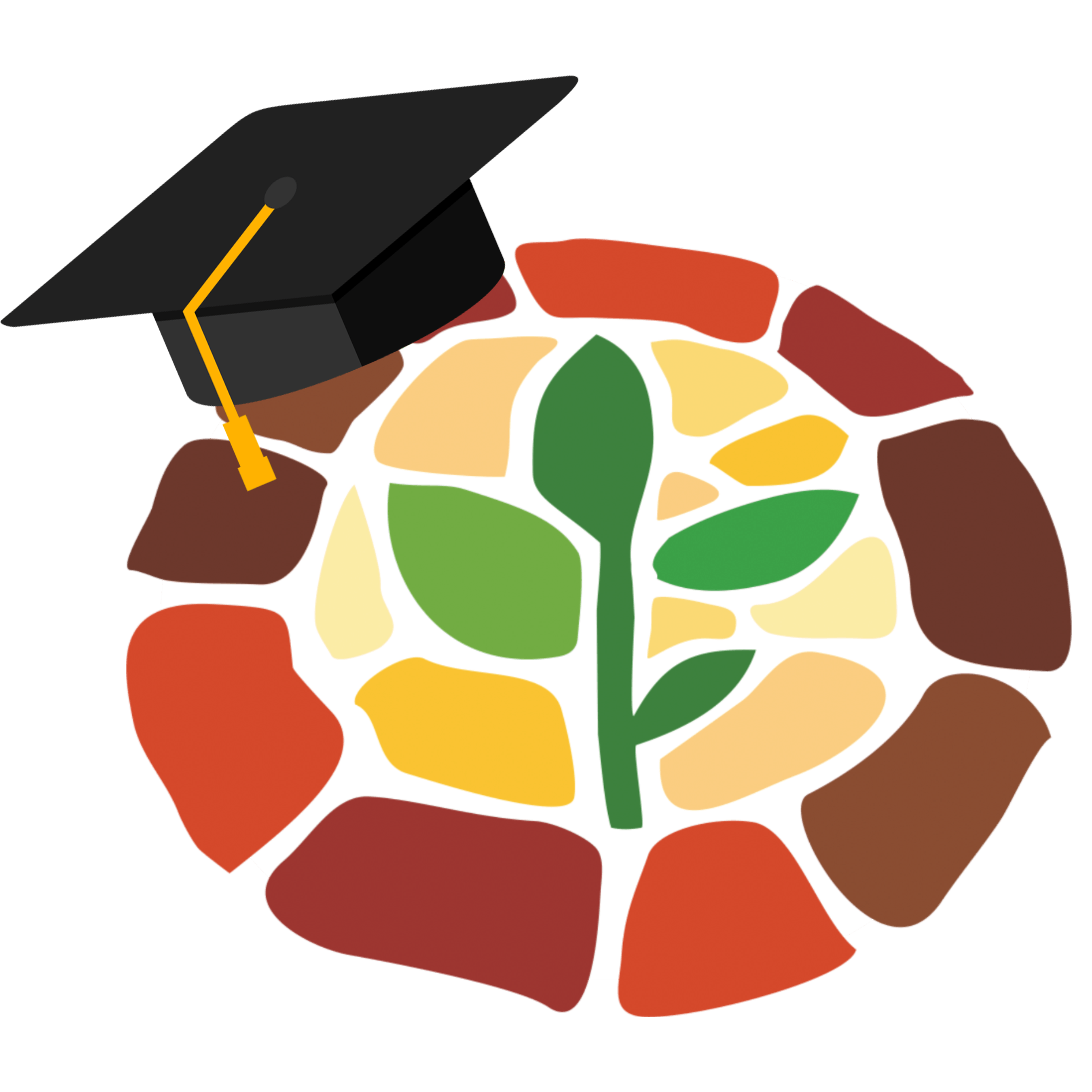
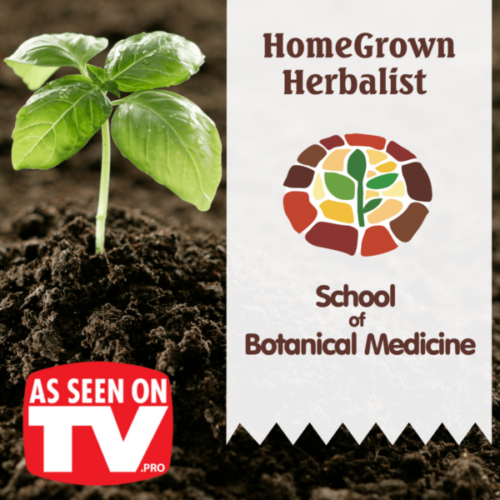
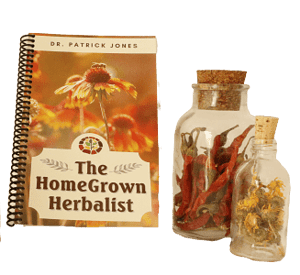
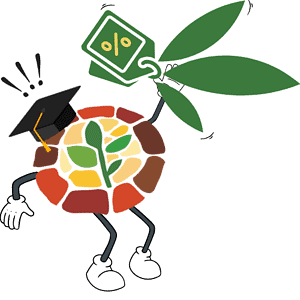
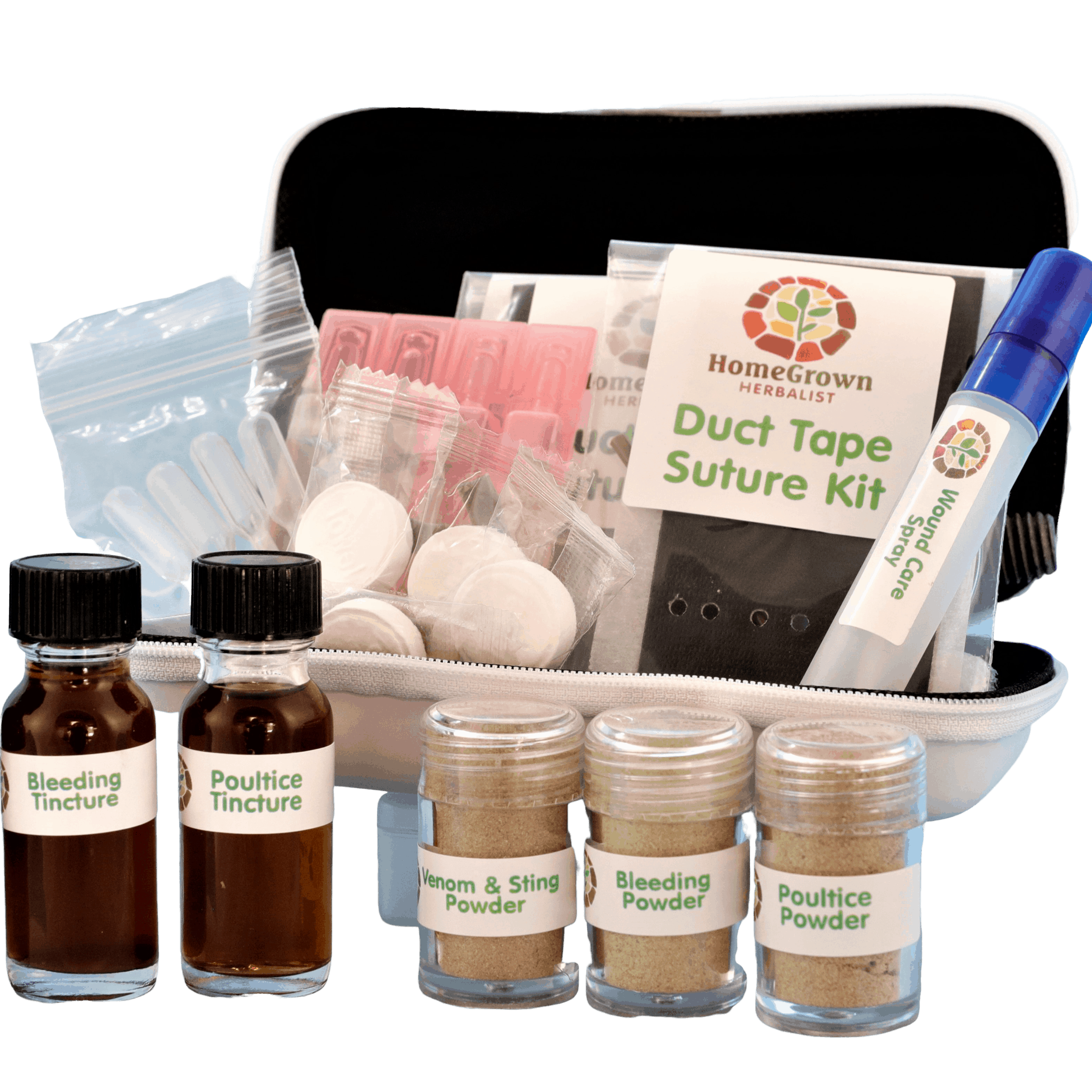
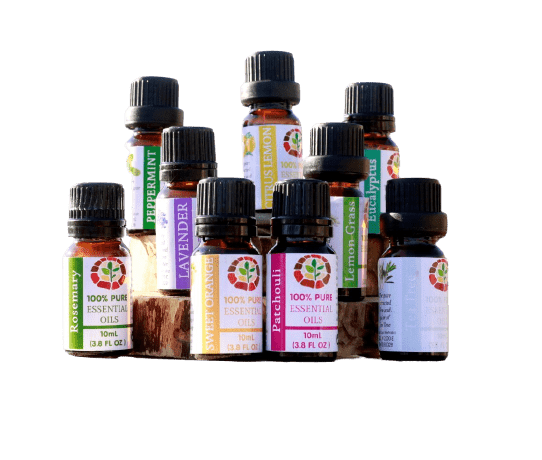
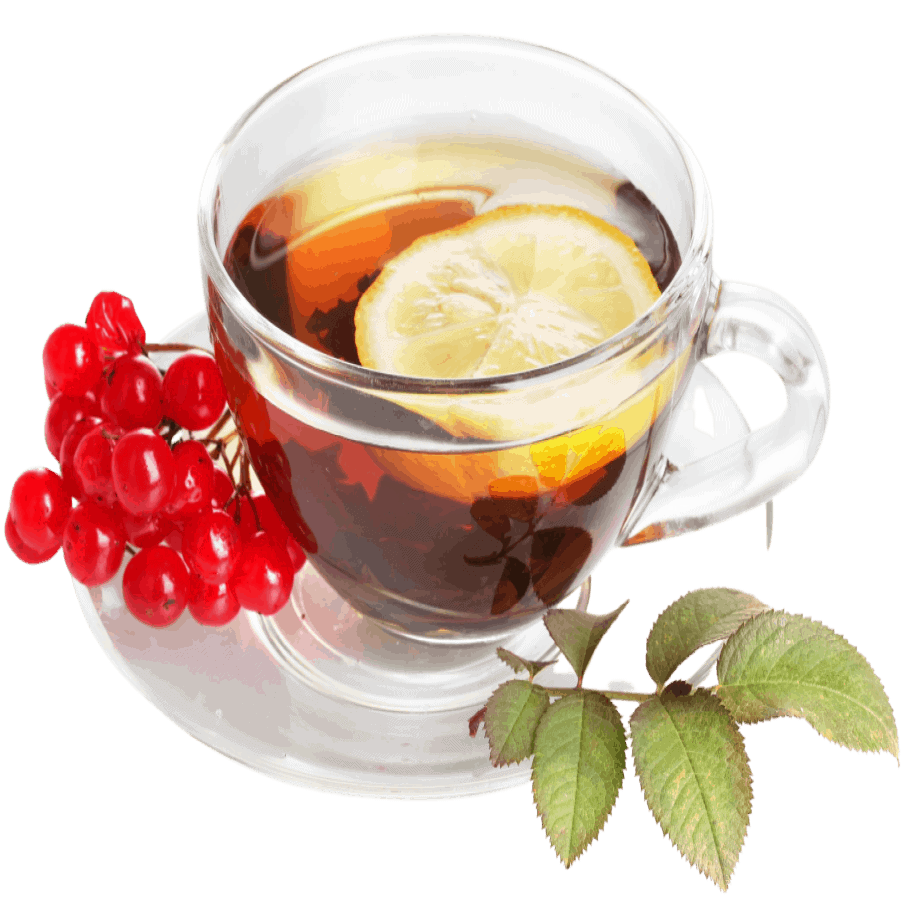
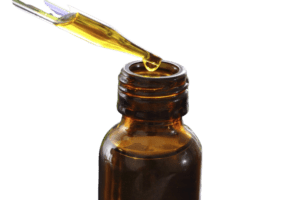
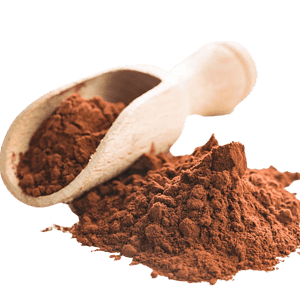
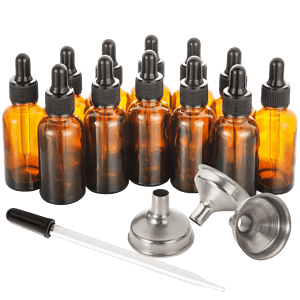
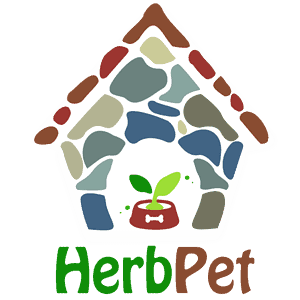
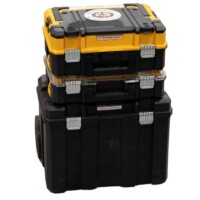
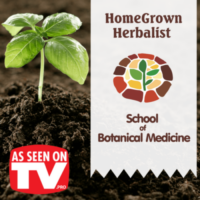
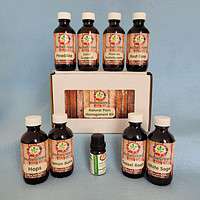
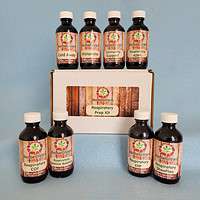
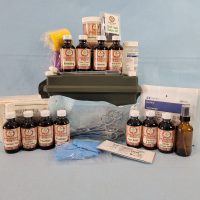
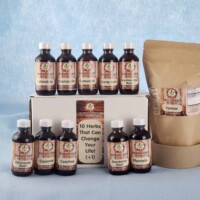
This is great information! Thank you!! I am wondering how you use cayenne to treat shock? Do you use the ground pepper (like the spice) or do you use it in a tincture?
I always use the tincture because it’s always handy for me.
Thank you for making a list of the herbs you talked about with Melissa. I was listening to that video you mentioned while I was working in my kitchen and I thought I was going to have to listen to the video again with pen and paper. Great video, but you saved me some time.
We do what we can to end the global pandemic of writer’s cramp. :0)
Fantastic! Very timely! I do presentations since graduating from your herbalism program and at every single one, I’ve been asked this question. I have over 75 medicinal plants in my yard but I will now fill in w any I may not have from your list. Thank you again for the great work you do!!!!
Hi Zoe, Glad you’re doing some teaching. :0)
Thanks for this! I’m printing it off to have on hand for emergencies. I’m putting together a small herbal garden, so this will really help.
Enjoy the garden. It’s amazing what can be done with a dozen or so plants.
I have an inheritance coming and as soon as it gets here ( I will pay tithes first of course) then wii join your school.
I look forward to working with you. :0)
https://homegrownherbalist.net/about-the-school/
One category you missed would be herbs for known family conditions that need to be addressed. This might be even more important than some of the other categories mentioned.
Yup. Those would be on the “Must Have” short list too.
what color would goldenrod and apple cider vinegar be?
what color would goldenrod and vodka be?
Depends how dry it is and what your flower to greens ratio is. Most likely brownish to greenish golden in both.